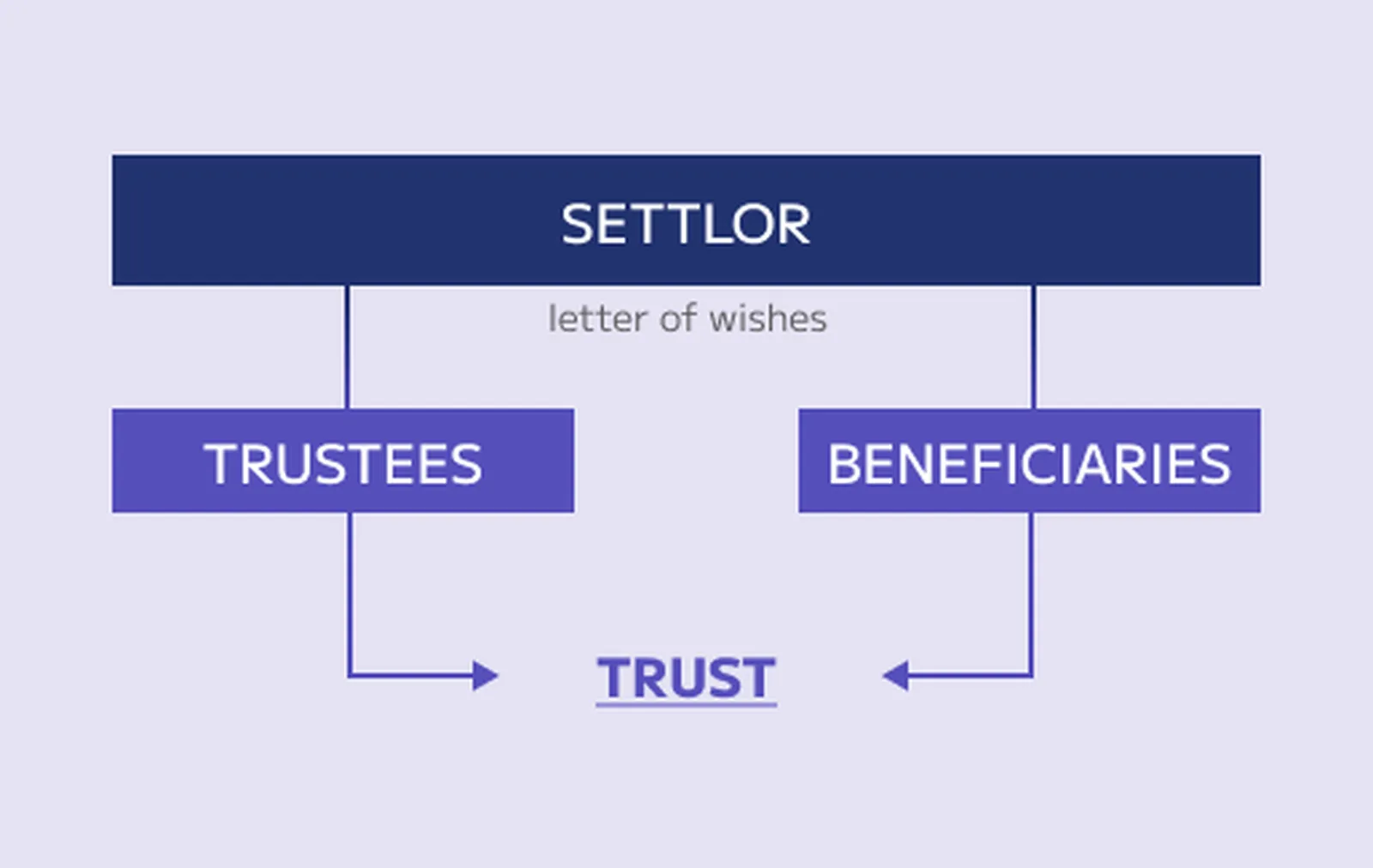
Although it is not possible to avoid all threats to wealth, our expertise can help you plan and navigate around:
- Political Risks
- Taxes and Estate Duties
- Creditors or other Third-Party Claims
- Investment Mistakes
- Divorce Proceedings
- Unrestricted Spending
- Value Destruction
- Lack of Management and Control
- Inflation
Joint accounts offer no guarantee that the other party will respect your wishes with regards to the management or distribution of your Estate. Upon death, it is possible that the funds will be subject to various taxes.
Power of attorneys in most jurisdictions are of limited use in Estate planning, as they often become automatically ineffective on death.
Safe deposit boxes allowing a named party to have access after your lifetime present certain risks. They offer limited protection and pose significant risks due to the often complete and unrestricted access the named party would have to the assets.
But what if something untoward happens such as:
- A change in your family circumstances (marriage, divorce, death, birth etc…)
- A cross border conflict or political instability
- Incapacity (illness or some other occurrence)
- Attacks on personally held wealth (i.e. tax changes, law suits, etc.)
A carefully planned structure would help with protection and preservation of your Estate.
A properly managed structure should help in making life easier for you by providing a tailor-made clear management and reporting approach. In simple terms, as trustees of a trust fund, we have a fiduciary duty to manage and take care of the assets with which we have been entrusted. Our disciplined approach to holding, managing and reporting, gives significant comfort to clients. This also significantly reduces the burden which often otherwise falls upon the client, and frees up the client to spend their time on other matters.
A trust is a legally binding arrangement whereby a person (the Settlor) transfers assets to another person (the Trustee) who is required to administer the trust assets in the best interest of the beneficiaries in accordance with the Trust Instrument or Trust Deed. The Settlor may be a beneficiary. For a Discretionary Trust, a Letter of wishes is often used, which is an informal letter from the Settlor which sets out the manner in which the Settlor would like to see the Trust assets distributed or the Trustee’s powers exercised. This is not a legally binding document and the Trustee may have regard to the letter provided that it does not conflict with the terms of the Trust instrument. The letter may be amended by the Settlor at any time. It is also possible to have the Trust Deed set out the manner in which the Trust Fund should be held or invested, and how it should be distributed.

Trusts were created about 500 years ago at the time of the Crusades. When a wealthy land owner joined the Crusades, he sometimes placed his land, property and money in the hands of a trustworthy individual for safekeeping with an obligation to care for the wealthy individual’s family until his return. As the United Kingdom legal system was then based on Civil Law, this created many issues especially upon the death or return of the land owner. As the system was reviewed and changed to Common Law* , this allowed for Trusts to be created.
Foundations
1205 Geneva, Switzerland
Fax: 0041 22 318 26 01




